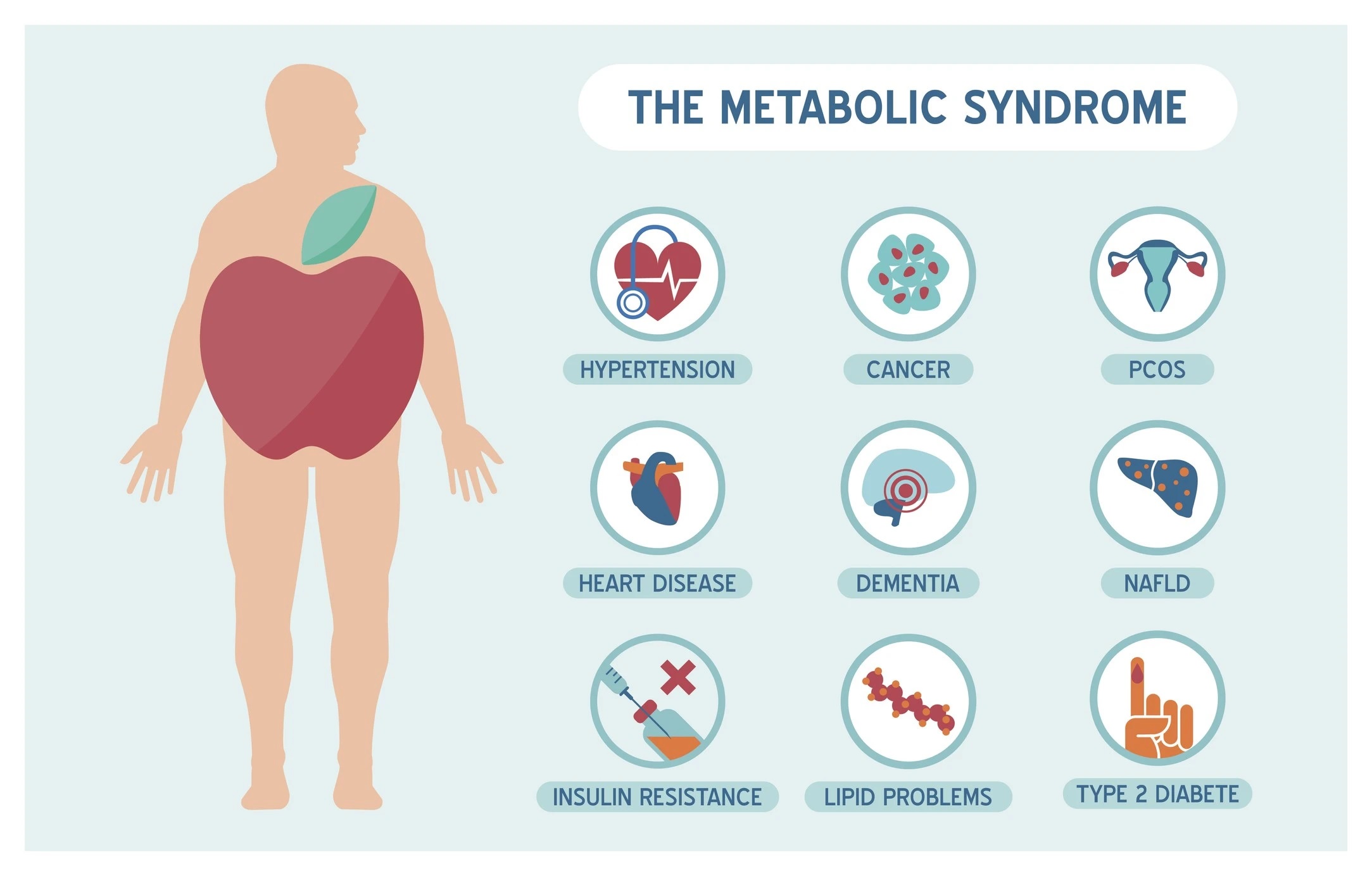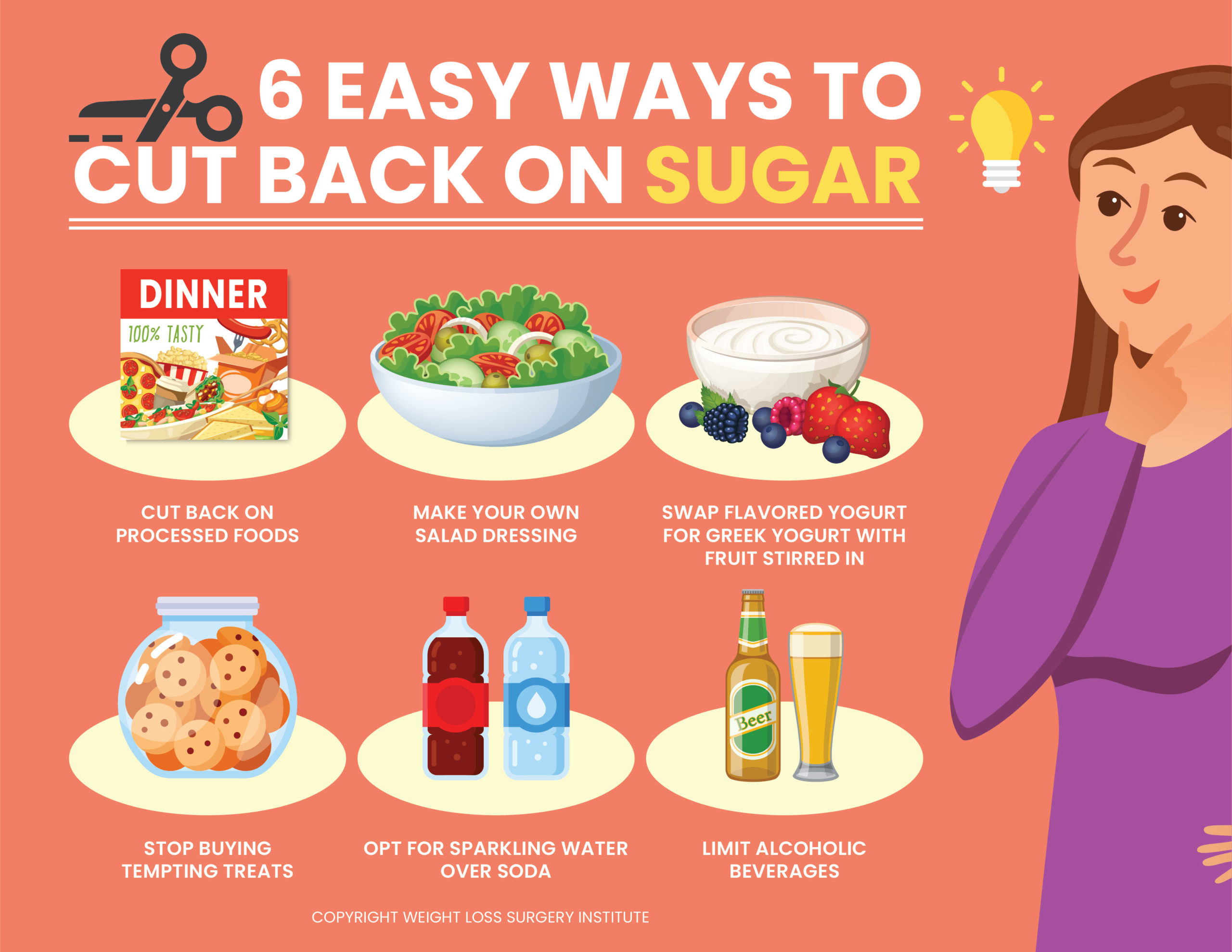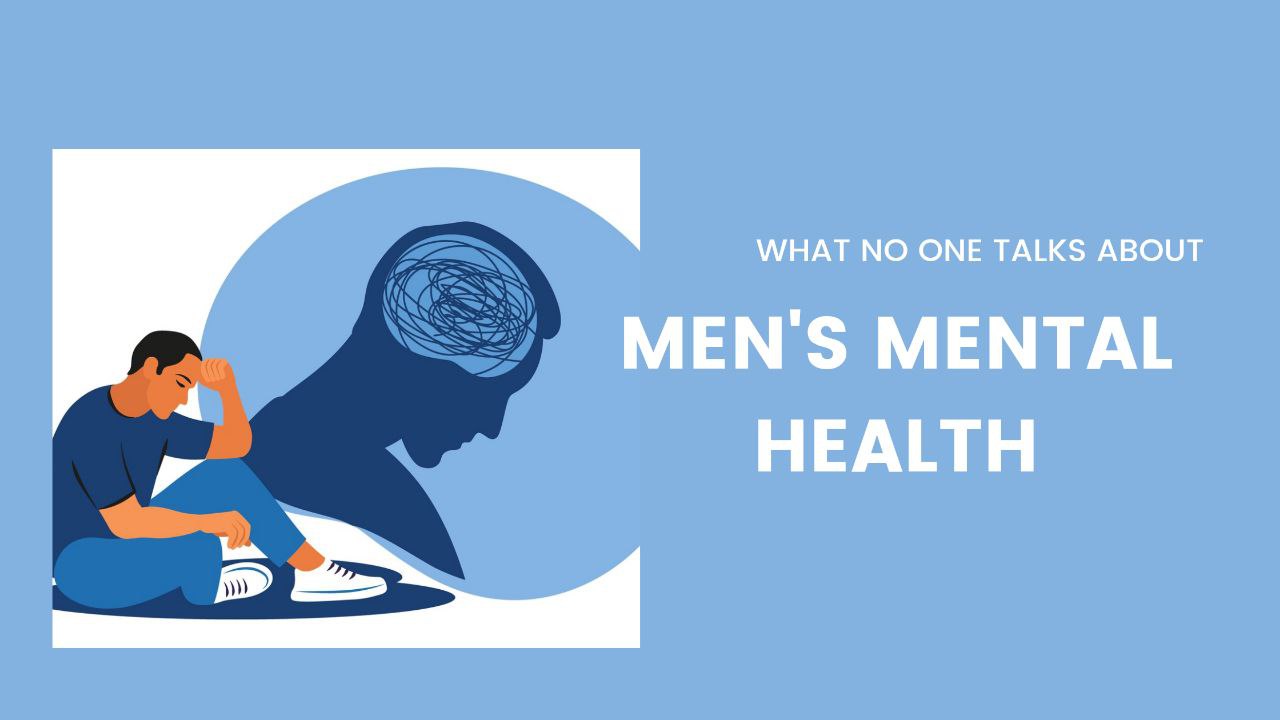The dangers of sugar go beyond weight gain—it affects your energy, metabolism, and long-term health. Learn how processed foods hide sugar and how to reduce your intake.
The Dangers of Sugar: Why You Should Be Concerned
Sugar is one of the most widely consumed yet harmful ingredients in modern diets. While a little sugar is fine, excessive intake—especially from processed foods—can lead to serious health issues like weight gain, diabetes, and heart disease. Unfortunately, many packaged foods contain hidden sugars, making it easy to consume more than you realize.
Let’s explore the dangers of sugar, how it affects your body, and simple ways to reduce your intake.
How Sugar Affects Your Body
When you eat sugary foods, your body reacts in three major ways:
✅ Blood Sugar Spikes: You experience a quick energy boost, followed by a crash.
⚡ Increased Fat Storage: Excess sugar is converted into fat, leading to weight gain.
🧠 Brain Fog & Cravings: Sugar triggers dopamine release, making you crave more.
The biggest culprit? Processed foods. These items often contain added sugars in forms like high-fructose corn syrup, cane sugar, and dextrose, which contribute to poor health over time.

Hidden Sugars in Processed Foods
Many processed foods contain more sugar than you’d expect. Some of the worst offenders include:
🥤 Soft Drinks & Juices – A single soda can have over 40g of sugar.
🥣 Flavored Yogurts & Cereals – Marketed as healthy but packed with hidden sugar.
🥫 Ketchup, Salad Dressings, & Sauces – Sugar is often added for flavor and preservation.
🍫 Granola Bars & Protein Bars – Many contain as much sugar as a candy bar.
Tip: Always check nutrition labels and look for sugar in different forms—maltose, sucrose, fructose, and syrup.
The Dangers of Sugar: Long-Term Health Effects
Excess sugar doesn’t just add calories—it damages your health in multiple ways:
❤️ Increased Risk of Heart Disease – High sugar intake raises blood pressure and cholesterol.
🩸 Diabetes & Insulin Resistance – Too much sugar makes it harder for your body to control blood sugar.
🦷 Tooth Decay & Cavities – Sugar feeds bacteria that erode your teeth.
🧠 Mental Health Issues – Sugar has been linked to anxiety, depression, and fatigue.
🧪 Chronic Inflammation – Sugar contributes to joint pain and autoimmune disorders.
The dangers of sugar are real, but the good news is that reducing sugar intake can significantly improve your overall health and energy levels.
How to Reduce Sugar in Your Diet
Cutting back on sugar doesn’t mean you have to give up sweetness completely. Here’s how you can limit your intake without feeling deprived:
✅ Choose Whole Foods – Eat fresh fruits, vegetables, and whole grains instead of processed snacks.
✅ Switch to Natural Sweeteners – Try honey, stevia, or monk fruit instead of refined sugar.
✅ Read Labels Carefully – Aim for products with less than 5g of added sugar per serving.
✅ Drink More Water – Avoid sugary sodas and juices; opt for herbal teas or infused water.
✅ Cook at Home – Preparing your own meals helps you control sugar levels in your food.
Making these small changes can help break sugar addiction and lead to long-term health benefits.

Final Thoughts:
The dangers of sugar are often overlooked, but excessive intake can harm your metabolism, heart, and mental well-being. Processed foods are the biggest source of hidden sugars, making it essential to check labels, choose natural foods, and reduce added sugar intake.
By making conscious food choices, you can improve your health, boost your energy, and prevent future health problems.







